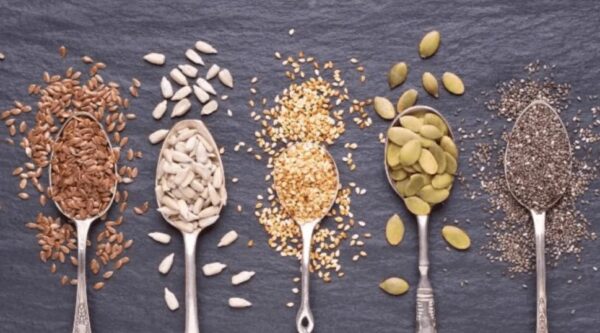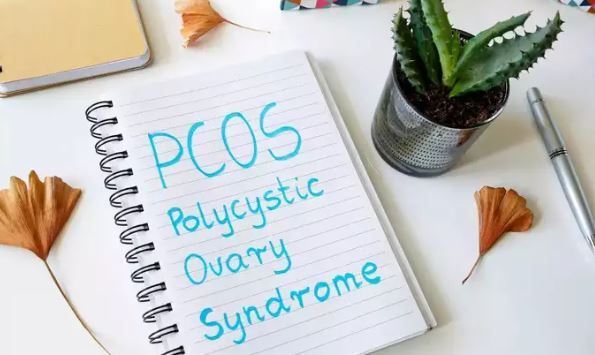Lifestyle
5 tips to boost fertility in women suffering from PCOS

As per recent reports, 20 per cent of women suffer from Polycystic Ovary Syndrome (PCOS). PCOS is caused by hormonal imbalance in the body.
Ovaries produce and release an egg every month as a part of the normal menstrual cycle.
When a woman is suffering from PCOS, the egg may not develop properly or might not be released during ovulation, like normally it would. PCOS can affect the fertility of a woman.
So, here are five tips to boost the fertility of women suffering from PCOS.
1. You might need medicines
Fertility drugs help in regulating and stimulating ovulation. Women who have fertility issues due to ovulation problems can go choose fertility medicines. These medicines help enhance ovulation in the same way as natural hormones like follicle-stimulating hormones and luteinizing hormones do. Women who are regular with their ovulation should also use these drugs while trying to stimulate better or extra eggs.
2. Maintaining a healthy weight
Maintaining a healthy weight increases the chances of getting pregnant and reduces pregnancy-related risks. The ideal BMI for conceiving is between 18.5 to 24.9. Having a higher BMI can hinder your chances of conceiving. A BMI of 35 and above increases the risk of pre-eclampsia, which is a dangerous condition for the mother and the baby. Higher BMI can lead to blood clots, long labour, miscarriage, premature birth and diabetes during pregnancy.
3. Manage stress
Unmanaged stress can have a negative impact on women who are trying to conceive. Try to meditate, listen to songs, do some yoga, go for a walk and spend time with your loved ones to de-stress and boost your fertility.
4. Assisted reproductive technology
Women suffering from PCOS have a variety of health issues from excess bodyweight to facial hair and hyperinsulinemia, which can complicate the process of conceiving. Women should be thoroughly evaluated for endometrial neoplasia, hyperinsulinemia and other health issues before undergoing an IVF treatment.
5. Have a balanced diet
Having a well-balanced diet and avoiding junk foods is important. Consume foods rich in zinc, iron, fibre, carbohydrates and good fats. Consume more lentils and beans. Avoid having sugary foods and consume more unsaturated foods like avocados, nuts, seeds and oily fish.










